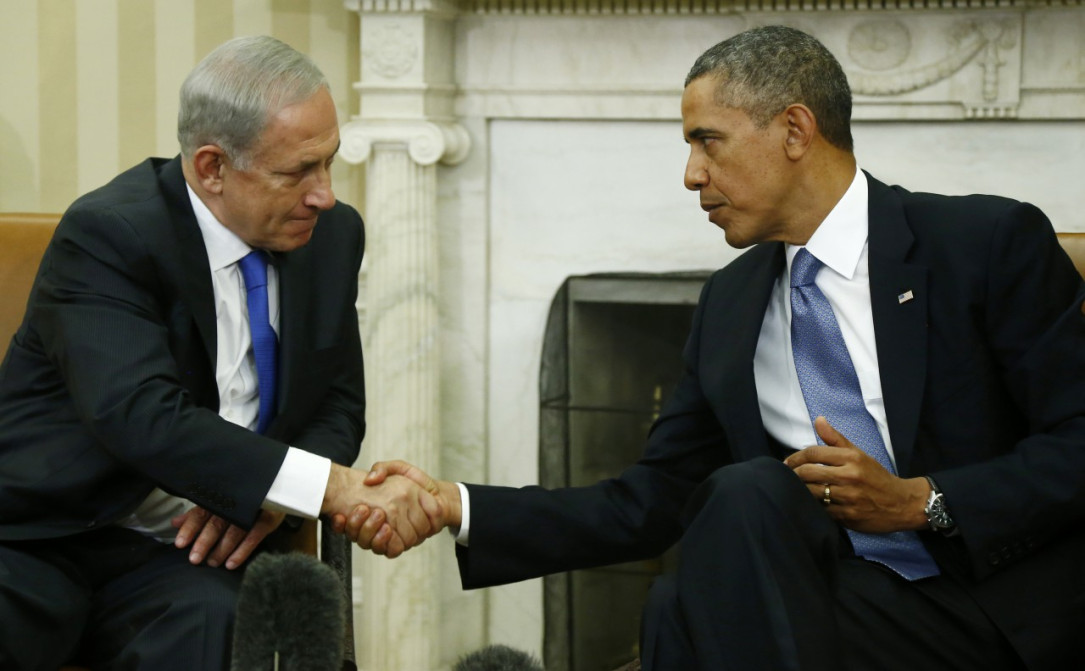 Parler
Parler Gab
Gab
Stop spraying the environment with deadly pesticide and herbicide chemicals and bees will stop getting sick and dying
Since jabbing bees with needles is unrealistic, Dalan came up with a formulation that can be injected straight into the royal jelly that worker bees feed to the queen. After ingestion, the vaccine transfers into the bees' ovaries where it is then passed on to her offspring. "In a perfect scenario, the queens could be fed a cocktail within a queen candy – the soft, pasty sugar that queen bees eat while in transit," Delaplane explained. "Queen breeders could advertise 'fully vaccinated queens.'" American foulbrood originated in the U.S., which could be due to the country's obsession with crop chemicals. It might just be that the disease is a direct result of bees getting sick from all this chemical exposure, for which the USDA is now planning to "treat" them with even more chemicals in the form of this new "vaccine." The Guardian admits that today's honeybees "have been exposed to a cocktail of different diseases," as they are calling them. These "diseases," in many cases, are just the toxic fallout from persistent pesticide and herbicide exposure while bees are roaming out in the wild. Greed is largely behind all this as the commercialization of food necessitates chemical-intensive agricultural practices to maximize yields while minimizing costs. The end result is a sick and dying pollinator ecosystem that we are told now requires vaccination. Once again, the corporate-controlled media is deflecting from the root of the problem by blaming bee sickness on the "climate crisis," which is laughable in light of the obscene volumes of chemicals that are sprayed on crops every year – chemicals that destroy the environment and potentially alter climate conditions in the process. "I certainly would like to have bees in our future for years to come," wrote a commenter, lamenting the progressive loss of our precious pollinators. "I sure would miss the food source they provide." As for Colony Collapse Disorder (CCD), another "disease" afflicting American honeybees, someone else in the comments noted that all the electromagnetic pollution swirling around us from 5G towers, high-voltage power lines, and other modern technologies are a major factor causing that phenomenon. It is said that honeybees are "in alarming decline," but the establishment refuses to tell the truth as to why. Instead, our leaders continue to funnel more easy profits into the coffers of Big Pharma, which always has the "solutions." To learn more about the importance of honeybees, butterflies, and other pollinators for biodiversity, visit Bees.news. Sources for this article include: TheGuardian.com NaturalNews.comThe true history of Pfizer’s criminal conduct and pharmaceutical MURDER
By S.D. Wells // Share
New research once again links glyphosate with cancer, as well as damage to DNA
By JD Heyes // Share
California pediatrician argues that cutting off breasts of teenage girls is no big deal
By Ethan Huff // Share
Johnson & Johnson cancels HIV vaccine study after failing clinical trial
By Arsenio Toledo // Share
Governments continue to obscure COVID-19 vaccine data amid rising concerns over excess deaths
By patricklewis // Share
Tech giant Microsoft backs EXTINCTION with its support of carbon capture programs
By ramontomeydw // Share
Germany to resume arms exports to Israel despite repeated ceasefire violations
By isabelle // Share










